Keith Tippett is one of three musicians of my generation who continues to influence and guide my musical thinking. Keith’s music speaks for itself. Perhaps less well-known is Keith’s stature as an ethical musician, a good man. Fly well, Brother Keith! My gratitude to you.
-Robert Fripp
I was familiar with Julie Driscoll before I heard of Keith Tippetts, but that’s how it is on the Big River called Jazz - it goes something like this…
Back in the 1970s, when I was in junior high school, I heard Bob Dylan and Rick Danko’s song This Wheel’s on Fire on one of my brother’s albums, The Basement Tapes:
He was in the navy, and I dared go into his room where I discovered his record collection. He also had this album by Brian Auger called Genesis.
This compilation album was released in 1974 in the U.S. by Polydor Records. I particularly liked Donovan’s song Season of the Witch, sung by Julie Driscoll.
Many years later, while searching for more Brian Auger records at Ray’s Jazz Shop in London, I ran across Julie Driscoll again on The Best of Julie Driscoll, Brian Auger and The Trinity:
The second-to-last song on Side 2 is Dylan and Danko’s This Wheel’s on Fire, a big hit on the U.K. radio scene when it came out in 1968. It hit #5 on the British pop charts. It’s fun to watch the band performing the song in this video with the killer Auger solo at the end:
In 1969, when Driscoll first saw piano player Keith Tippetts performing at London’s 100 Club, she invited his group to play on her debut album,1969:
He agreed, and they recorded the album at Advision Studios in London; however, Polydor Records didn’t release it until 1971.
In a 2019 interview with The Wire magazine, Keith Tippett recalls that session:
We were introduced and were then literally locked in all night at Polydor’s studios until the cleaners came in the morning. Julie would play her songs and say, ‘I would like some brass here.’ We worked all the way through the night and we fell in love.
They married in 1970. At that time, Keith Tippett dropped the "s" at the end of his last name in response to many misspellings by promoters, who billed his group as Keith Tippett’s Sextet. The couple went on to collaborate throughout all of their respective individual music careers.
This week on that Big River called Jazz, our journey is dedicated to the world of Keith Tippett.
Born Keith Graham Tippetts in Southmead, Bristol, in 1947, Keith learned classical piano from the age of four, joined the choir at St Thomas the Martyr church in the city at five, and took up the tenor horn (for a youth band) and classical organ in his teens.
An accidental record-shop encounter with Miles Davis’s song So What from Kind of Blue turned him on to modern jazz. He formed a band and performed regularly at the Dugout Club in Bristol.
In 1967, he moved to London and blended into the music scene. He played piano on King Crimson albums In The Wake Of Poseidon and Lizard. He was asked to join the band on a full-time basis but declined. He was looking at his career as a full-time learning process and not a means to amass wealth - he did not want his music to become just another way of making money.
At about the same time, he met trombonist Nick Evans, cornettist Mark Charig, and saxophonist Elton Dean and formed The Keith Tippett Group. In 1970, the quartet expanded to a sextet and recorded their debut album, You Are Here… I Am There. From that album, here is I Wish There Was A Nowhere:
Their next recording, Dedicated to You, But You Weren’t Listening, released in 1971, is also a killer. Here’s the entire album:
This album includes Soft Machine’s terrific drummer Robert Wyatt. At the time of the recording, Elton Dean was also a member of Soft Machine with Wyatt, who in 1970 recorded their seminal album Third. These two Tippett albums were sure signs of his fluency in the jazz and rock genres and firmly established his group as the new kids on the block.
In 1971, Keith Tippett formed Centipede, an ensemble of more than 50 spirited and talented musicians including members of Soft Machine, King Crimson, and the Spontaneous Music Ensemble. This was Keith and Julie's first collaborative project. Their album Septober Energy was released on RCA’s Neon Records. I like Neon’s label on this record:
In 1972, Keith Tippett released Blueprint, his first album under his own name. From that album, here’s Woodcut, a wonderful song composed or perhaps better conceived by Julie Tippett, on which she plays the recorder and sounds very much like a field recording in the British countryside:
When I listen to Keith and Julie Tippett’s music, I am often reminded of birdsong, something very near and dear to my heart. I wrote about it here:
I don’t know if that was their intent, but I hear a birdsong theme throughout their work. From the beginning of their group Centipede’s Septober Energy, which premiered at The Lyceum, London, in 1970, to his 22-musician group Arks’ epic Frames (Music For An Imaginary Film), recorded in 1978, Keith’s signature approach of playing at the very top of the keyboard with intricately detailed flow reminds me of birdsong and birds in flight.
In the liner notes of Frames (Music For An Imaginary Film), Julie Tippett’s lyrics are written out for Frames Side 1. Here’s an excerpt from the lyrics:
One time a swallow circled my head then flew away.
Sea-gull upon his journey took time to give a cabaret.
Two magpies - a perfect ballet of air performed before my eyes,
Swooping down across my window - I wondered if they realised
That I was looking out upon them - acknowledging their beauty -
Capturing the moment before they flew away beyond the trees.
Frames Side 4 ends with musical bird calls - a magical ending to an epic piece. You can hear the bird calls in this video beginning at the 8:50 minute mark:
In Frames (Music For An Imaginary Film), Tippett used composition to bring out the essence of free music. The results are an important piece of modern music and a landmark in the history of British jazz. In the album’s liner notes, Steve Lake writes:
The whole work possesses what can only be described as an organic compactness. It includes so much yet avoids being merely episodic. The material unfolds in a masterly, thoroughly satisfying way, colours and forms growing out of the fundamental moods of the work.
Here is the second part of Frames Side 3 (the first part is the journey intro music above):
Interestingly, Frames (Music For An Imaginary Film) was produced by Soft Machine’s Hugh Hopper.
In September 2004, Keith and Julie Tippett’s orchestra performed a live show at Ruvo Di Puglia in Italy. From that performance, here’s a new interpretation of the theme from the beginning of Frames Side 3, which we heard earlier:
The album is called Viva La Black Live At Ruvo and was released in 2007.
Both albums were released on the Ogun label, a jazz record label founded in London in 1973 by South African expatriate bassist Harry Miller, his wife Hazel Miller, and sound engineer Keith Beal. The label’s first release was Chris McGregor’s Brotherhood of Breath 1974 Live at Willisau:
After Harry Miller was killed in a car accident in 1983, his wife, Hazel, with help from John Jack of Cadillac Records, released new titles beginning in 1986.
I also hear the birdsong theme in Keith Tippett’s solo work. For example, it’s present in his 1980 solo album The Unlonely Raindancer on tracks like The Pool and this one, Dear Ireland:
When I listen to Tippett’s music like this, my mind sees birds in flight, and my heart soars with them.
In 1990, Keith Tippett and British saxophonist Andy Sheppard recorded 66 Shades Of Lipstick. The album was produced by Robert Fripp and released on the Editions EG label, a defunct imprint of E.G. Management Ltd., which acted as the management company for King Crimson, T. Rex, Emerson Lake & Palmer, and Roxy Music in the 70s.
About this session, Tippett recalled:
Andy and I imposed one rule upon ourselves before entering the studio. That rule being that no musical preparation was to be made individually or collectively. The music had to be carved like sculpture from the air. After three days the sculpture was completed.
I think this work continues Tippett’s affinity with birds, as the opening track Shade 1 demonstrates:
Shade 12, with Sheppard on African flute, also has that whimsical sense of birdsong.
Andy Sheppard is an artist who needs wider and more frequent recognition. I particularly admire his work with Carla Bley and Steve Swallow on Bley’s 2013 Trios album. When I lived in Germany in the late 1980s, Sheppard was all the rage, winning the Best Newcomer prize at the 1987 British Jazz Awards and the Best Instrumentalist Award in 1988.
In the 1980s, Tippett was out of work. So he invented the concept of Mujicia, inspired by his young daughter Inca’s mispronunciation of his profession, and started to record solo performances for Germany’s FMP label. The results were Mujicia I (1982), II (1987), and III (1989). However, the peak of his solo work was recorded in 1990 at Dartington Hall in Devon. You can listen to this excellent concert here, with the nice hints halfway through to John Barry’s main theme in the 1980 movie Somewhere in Time. And the final five minutes of the performance are sublime.
Also in 1989, he formed Mujician, a group with saxophonist Paul Dunmall, bassist Paul Rogers, and drummer Tony Levin. However, Tippett took great pains to stress that Mujician was not a group he led but a collective identity of four distinctive and equally accomplished musicians.
Here they are performing in Le Mans in 2004:
Here’s one more for the road. In 2008, at Red Kite Studios in Wales, Keith and Julie Tippett recorded with Nostalgia 77. Keith composed and plays on this song, Sketch for Gary / Billy Goes to Town, with Julie on vocals:
Keith Tippett had an enormous generosity of spirit which flowed through his music. In a 2001 interview with The Wire magazine, Tippett shared this with Julien Cowley:
I’ve always looked on music as one way of developing spirituality. And I’m in this until I die. This is what I do, this is what I contribute to society.
In a tribute, Soft Machine’s Robert Wyatt described Tippett as:
A West Country bloke with a great big heart and completely unlike the Old Boy Network jazz mafia that was the London scene at the time. He listened to everybody, was openminded, never put anybody down and one of his things was to get all these different musicians from different genres together.
For the 1996 CD release of Frames (Music For An Imaginary Film), Keith Tippett wrote:
Time flies - 18 years on - still flying. We remember the departed and enfold the living. 18 years keeping on - sculpting from the air with love and diligence. May music never just become another way of making money.
Keith Tippett died on June 14, 2020. He was 72 years old. Yes, indeed, Keith, you are still flying. My hope is that when we hear birds singing and see them in flight, we remember you…
Next week on that Big River called Jazz, we’ll dig our paddles into the waters of John Stevens.
Please hit this link to buy me a cup of coffee if you’d like to show your guide some appreciation for this and past journeys. Know in advance that I thank you for your kindness and support.
If you like what you’ve been reading and hearing so far on our journey and would like to share this with someone you think might be interested in learning more about our great American art form, Jazz, just hit the “Share” button.
From Astaire to Sun Ra: A Jazz Journey is a reader-supported publication. To subscribe, please hit the “Subscribe now” button.
Feel free to contact me at any time to talk shop. I welcome and encourage that.
Until then, keep on walking….


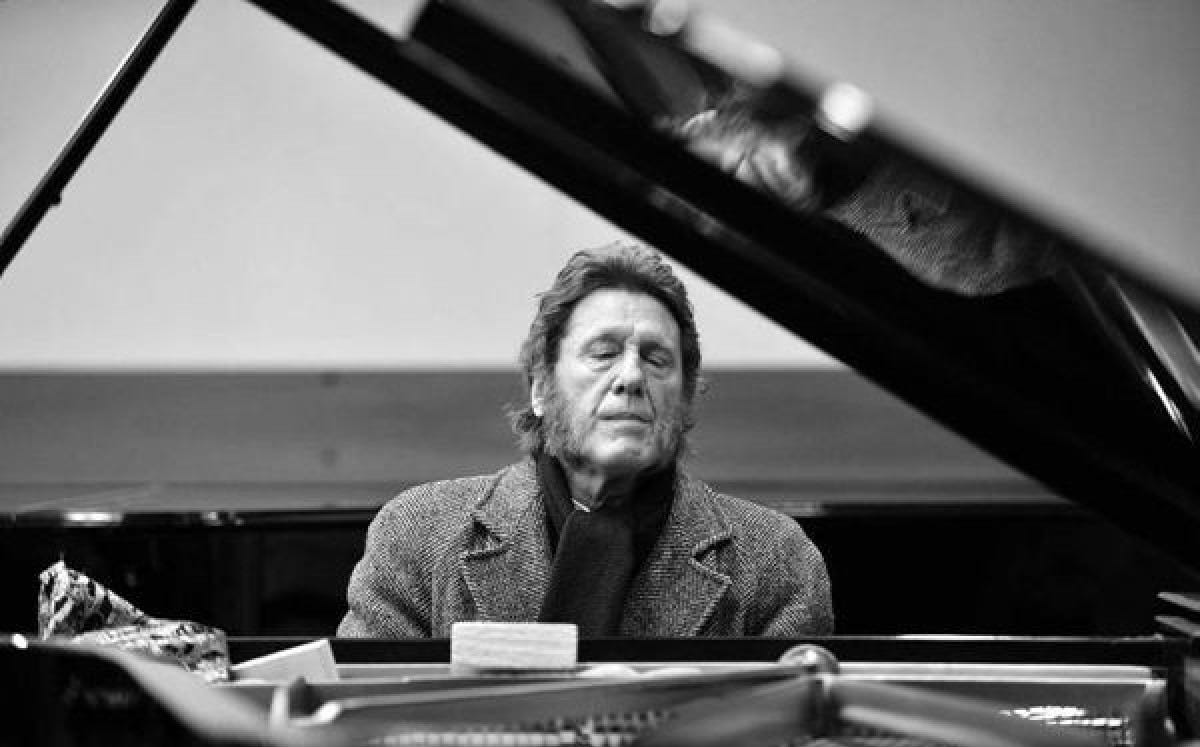
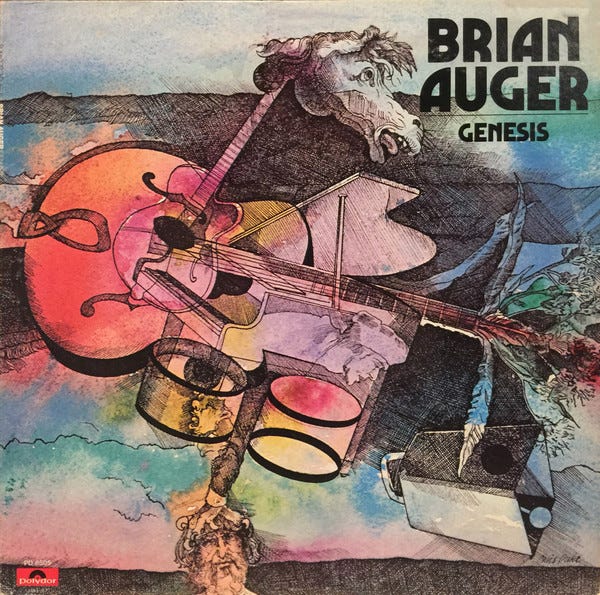
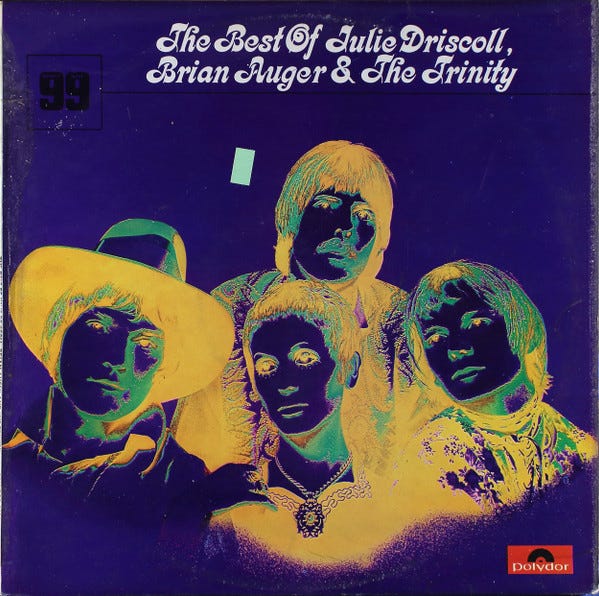
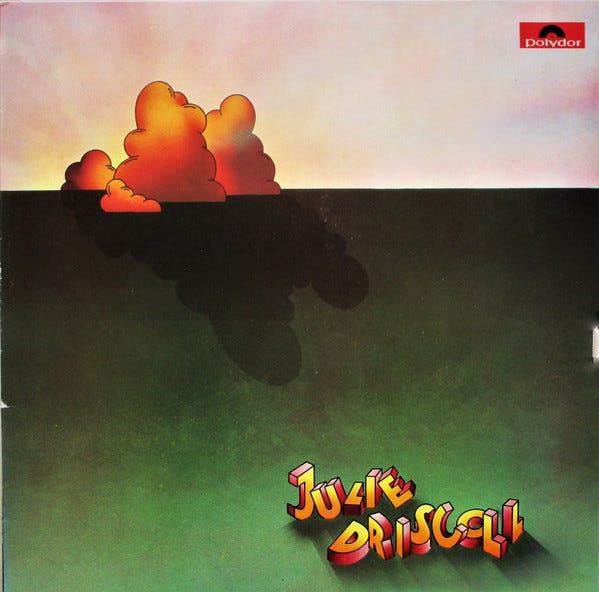
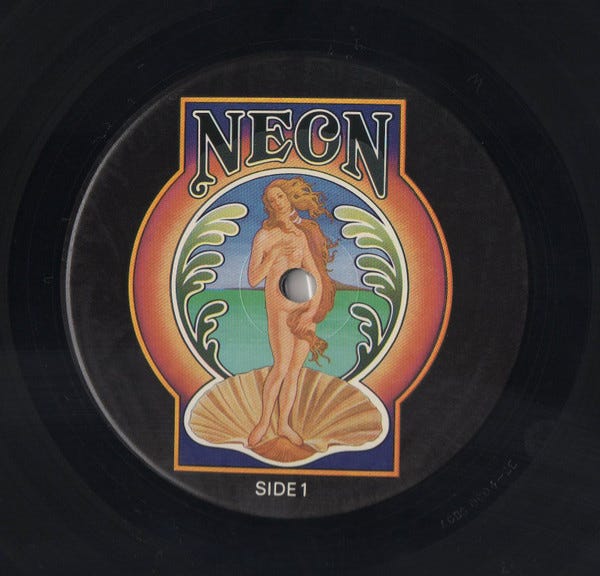
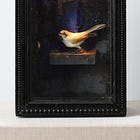
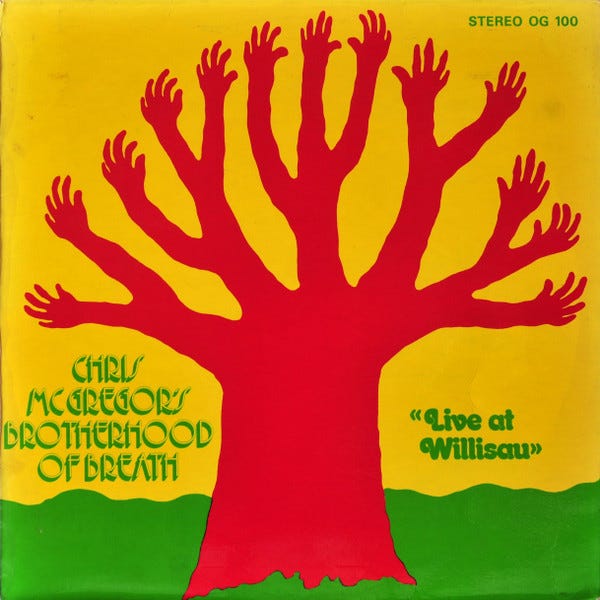
Some very important music discussed here. Thanks!